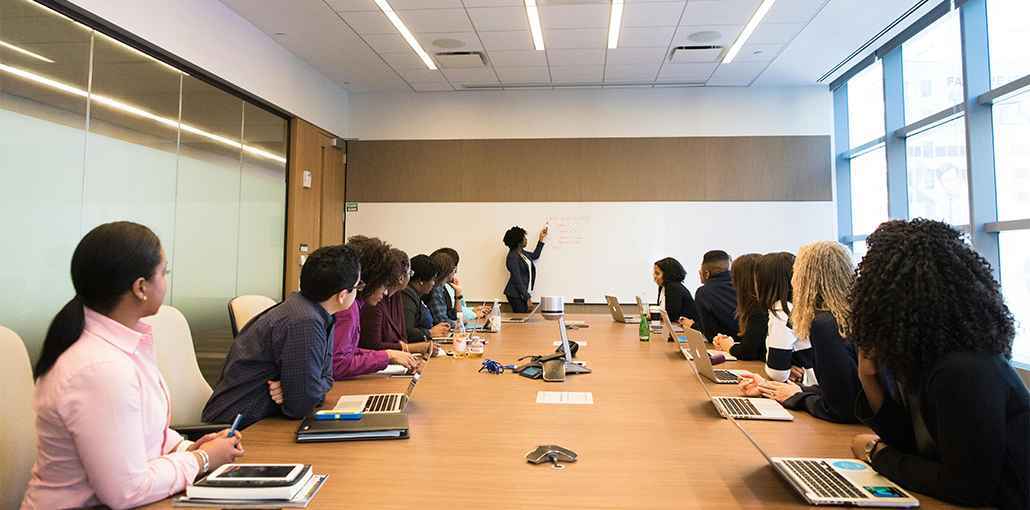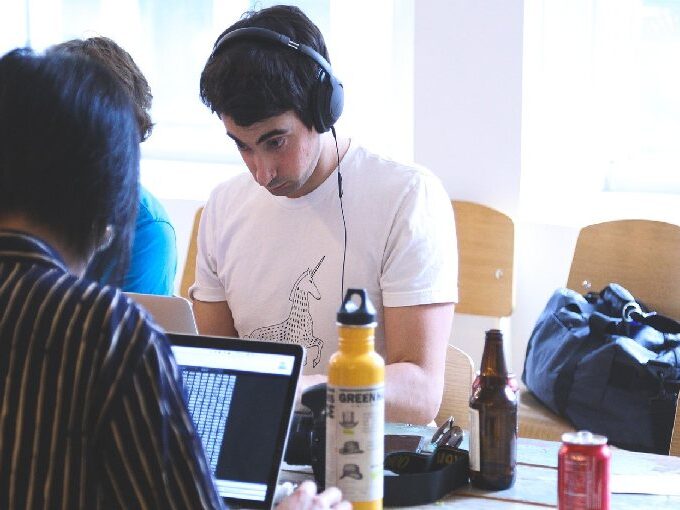The ever-changing landscape of today’s workplace demands a workforce that is adaptable, skilled, and future-proof. However, the rapid evolution of technology and industries often creates a gap between the skills employees possess and the skills required for success. This “skills gap” can hinder productivity, innovation, and overall business growth.
Closing the skills gap demands proactive upskilling and reskilling strategies to meet evolving role and tech demands. Managed learning services (MLS) offer a transformative solution, bridging competency gaps and empowering workforces to meet future requirements effectively.
In this article, we examine how managed learning services address the skills gap, exploring benefits, challenges, and best practices in implementation.
Understanding the Skills Gap
The skills gap is a significant challenge for organizations, arising from a mismatch between workforce skills and employer demands. This disparity is often exacerbated by the rapid pace of technological advancement, shifting market dynamics, and evolving job requirements. As roles evolve and new ones emerge, organizations must ensure employees have the necessary skills to thrive in a competitive landscape.
Data indicates that the skills gap is a widespread concern, as many employers struggle to find candidates possessing the requisite skills. According to a SHRM research report, 83% of HR professionals faced challenges in recruiting suitable job candidates. This underscores the need for organizations to tackle the skills gap by investing in upskilling and reskilling strategies.
The Role of Managed Learning Services (MLS)
MLS is crucial for closing the skills gap and providing organizations with strategic sourcing and vendor management in workforce development. MLS providers serve as strategic partners, offering expertise in instructional design, technology integration, and learning program management to align solutions with organizational goals. They deliver tailored solutions that meet specific workforce needs and enhance overall effectiveness.
Strategic sourcing refers to the process of identifying, evaluating, and selecting external vendors or partners to fulfill specific business needs. NIIT asserts that strategic sourcing is a comprehensive solution for managing third-party training vendors from selection to customer engagement. It offers flexibility and full-service support throughout the process.
Within MLS, strategic sourcing entails evaluating learning service providers to select those best suited to meet organizational learning needs. MLS providers leverage industry insights and networks to identify best-fit solutions, ensuring alignment with organizational goals and priorities.
Vendor management within MLS involves fostering strong relationships with learning service providers to ensure the effective delivery of learning programs. This involves ongoing communication, performance monitoring, and quality assurance to uphold standards and drive continuous improvement. MLS providers streamline vendor management by acting as a central point of contact for multiple vendors, reducing risks, and optimizing resource allocation.
Through strategic sourcing and vendor management, MLS providers enable organizations to access diverse learning resources, effectively closing the skills gap. This drives workforce empowerment and enhances organizational capabilities. Organizations leverage external partners’ expertise to enhance learning initiatives, ensuring effectiveness and scalability, thus positioning themselves for sustained success.
Tailored Learning Solutions
Tailored learning solutions are foundational in Managed Learning Services (MLS), enabling organizations to tackle workforce skill gaps with customized training programs. MLS providers utilize various methods like competency assessments and performance metrics to identify employees’ and teams’ distinct learning needs. This ensures targeted and effective skill development tailored to each individual’s requirements.
MLS providers utilize data analytics, competency assessments, and learning needs analysis to craft learning experiences aligned with organizational goals. Through interactive e-learning modules, workshops, and virtual simulations, tailored solutions empower employees to thrive in today’s dynamic business landscape.
Technology Integration
Technology integration is foundational to MLS and crucial for closing the skills gap. MLS providers leverage advanced tools and platforms to deliver immersive learning experiences. This seamless integration enhances accessibility, scalability, and engagement, catering to the diverse needs of modern learners.
McKinsey and Company report that digital transformations are reshaping manufacturing and impacting processes, productivity, and people. Strategic technology utilization empowers decision-making, fosters upskilling, enhances collaboration, attracts talent, and improves workplace safety and satisfaction.
These advancements underscore the transformative potential of technology in driving organizational success and workforce empowerment in the manufacturing sector.
MLS providers empower organizations by integrating learning management systems, mobile apps, and virtual reality simulations. This enables dynamic, interactive learning experiences beyond traditional constraints. Such initiatives enhance knowledge retention and foster a culture of continuous learning, which is crucial for adapting to evolving industry trends and challenges.
Also read: Boosting Productivity: Top 10 Tools and Resources for Hybrid Workforces
Continuous Learning Culture
A crucial element of MLS is cultivating a culture of continuous learning in organizations. This involves promoting a mindset of lifelong learning among employees, where acquiring new skills is integral to professional development. It emphasizes that expanding knowledge is not just a task but an essential aspect of growth.
Harvard Business Review shares Deloitte’s findings, revealing significant advantages for organizations with a robust learning culture. These organizations are 92% more likely to innovate, 52% more productive, and 56% quicker to market with their offerings. Also, they enjoy 17% higher profitability and exhibit superior engagement and retention rates, ranging from 30% to 50% above industry averages.
The stats highlight the importance of creating a conducive learning environment within organizations.
MLS providers drive a continuous learning culture through diverse opportunities like self-paced courses and peer knowledge sharing. They promote accessibility, relevance, and engagement, encouraging employees to own their learning journey.
Measurement and Evaluation
Measurement and evaluation are critical tools in MLS for closing the skills gap. These processes allow organizations to gauge the effectiveness of learning initiatives, offering insights into employee performance and skill acquisition. They provide valuable data to enhance organizational readiness and drive continuous improvement in workforce development strategies.
MLS providers utilize robust measurement and evaluation frameworks to track key performance indicators like learner engagement and knowledge retention. Data-driven analytics identify strengths and weaknesses, informing targeted interventions. Evaluation extends to aligning learning outcomes with business goals, facilitating ROI demonstration, and reinforcing the strategic significance of workforce development in organizational success.
Challenges and Considerations
Despite offering a promising solution, MLS faces challenges requiring careful consideration for successful implementation. Employee resistance to change poses a significant hurdle, as some may hesitate to embrace new learning methodologies or technologies. Overcoming this resistance is essential to effectively address the skills gap within organizations.
Securing buy-in from organizational leadership and stakeholders is essential to allocate resources and cultivate a culture of continuous learning. Effective communication and collaboration between MLS providers and internal teams ensure alignment of strategies and expectations. Moreover, maintaining relevance amidst industry evolution poses a persistent challenge for MLS initiatives.










Leave a comment